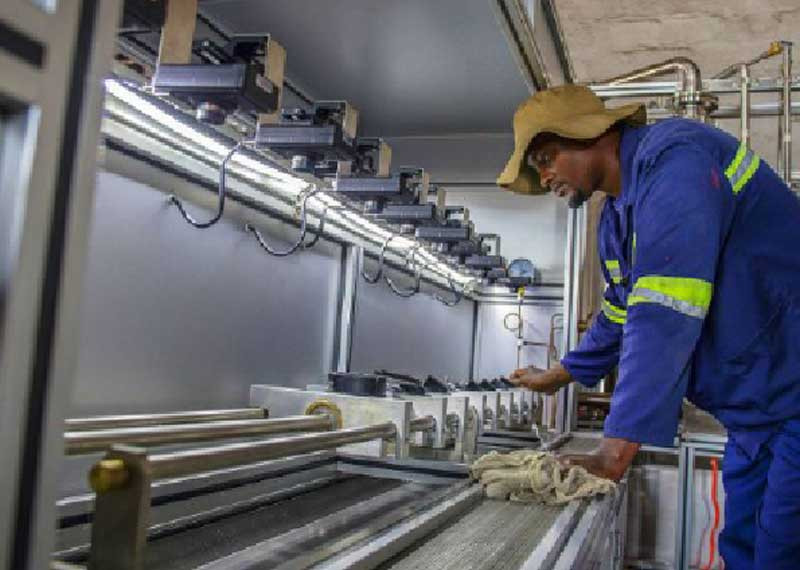
THE rise in crude oil prices has alarmed the Confederation of Zimbabwe Industries (CZI), which says this will drive up production costs, unless Treasury lowers fuel excise tax correspondingly, businessdigest can report.
This occurs during a period of high diesel consumption in industries, which hit a record one billion litres last year — the most since 2009.
“International crude oil prices have a direct impact on diesel prices in Zimbabwe, given increased consumption levels,” Zimbabwe’s largest business membership organisation said in its business environment insights report.
In the last quarter of 2023, the report noted that crude oil prices were going down, having peaked at about US$92 per barrel in September 2023.
However, in 2024 crude oil prices have been on an upward trend.
In February, crude oil prices increased by three percentage points compared to January, implying that by the end of February 2024, prices had surged by about 6,6% from the end of 2023 prices.
“With the increased consumption of diesel in Zimbabwe, an increase in crude oil prices will have a negative impact on the already high cost of production in Zimbabwe, unless the Treasury reduces excise tax on fuel proportionately,” the report states.
“The combination of high usage of diesel generators should electricity supply continue to be erratic and inadequate, will not be a good situation for manufacturers in the face of increasing international crude oil prices.
- Mthuli Ncube abandons struggling consumers
- Fears of jobs carnage as crisis deepens
- Fresh warning over bank rate hikes
- In Conversation with Trevor: ‘Zim must invest in human capital’
Keep Reading
“Policy and business strategies will need to address mitigating this possible scenario.”
The CZI said the increase in diesel consumption can signal an increase in economic activities in the country.
However, Zimbabwe has persistent electricity challenges, which have led to long hours of load shedding. The drastic increase in diesel consumption can also be attributed to increased use of generators by companies to avert load-shedding.
Due to the El Niño-induced drought, Kariba dam water levels are very low, which will affect electricity generation.
“Diesel usage in the country is likely to continue its upward trend, as the country resorts to the use of generators as an alternative source of power,” the CZI said in the report.
Meanwhile, the report noted mergers in 2023 reflected the difficulties that businesses faced in trying to stay afloat in the challenging operating economic environment.
Last year, merger activities saw a total purchase consideration of about US$201,5 million changing hands.
About 56,2% of the transactions involved players in the manufacturing sector, although the wholesale and distribution sector (18,8%), the financial sector (12,5%) and the agriculture sector (12,5%) also recorded merger activity.
“Some mergers were mainly motivated by the need to restructure, with firms seeing the need to change their structure by expanding through coming together with competitors in the same field,” the report reads in part.
“Some firms also found the going tough and sought strategic alliances to prevent themselves from going under. Access to capital was also a motivation which saw firms ceding shares to financial sector firms so as to get capitalised.”
Takura Ventures and Takura Capital acquired some shares in the manufacturing sector to help ensure that the firms remain afloat with access to capital.
The Sovereign Wealth Fund Board (now Mutapa) also used the same strategy by acquiring an agriculture sector firm.
CZI said the involvement of South African firms in the merger activities shows that Zimbabwe was still an attractive destination for investment, especially from countries with significant trade relations with the country.
About 19% of the merger transactions involved South African firms, and these were all in the manufacturing sector.







